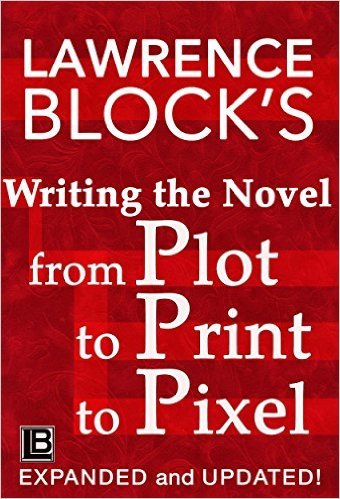What do you think?
Rate this book


264 pages, Kindle Edition
First published January 1, 1979
Apparently Lawrence Block has written around four books about writing—and actually, two of those (Telling Lies For Fun and Profit and Spider, Spin Me a Web) are collections of his monthly Writer’s Digest columns. This was his first, though, from 1979, when only the first three Matthew Scudder novels had been published.
This is probably one of the best books on novel writing I have read. Even being as old as it is, it touches on things either other books don’t, or I just don’t remember them touching on—like research and writing faraway settings, and the extent to which they are or are not based in reality. This book gets pretty nuts-and-bolts, which I like, and touches on the more “mystical” aspects of writing (like the role of the subconscious) with a good degree of sanity. He goes into Outlines. He talks about Character Development in a pretty cool way, even citing Spinner Jablon from Time to Murder and Create.
I could go on and on with examples, but here’s the facts: Block is an experienced novelist, he’s successful (which qualifies him for somebody I’d want to hear speak about novel writing in the first place), and he goes through this book citing his own background and experience, as well as his own works. He has his opinions, but something I love about Block’s approach to teaching writing is his appeal that there is no right way to do it—or, more specifically, there is no wrong way. There are only ways that work for you and ways that don’t. It’s personal.
All the same, I like hearing what Larry Block has to say about it.